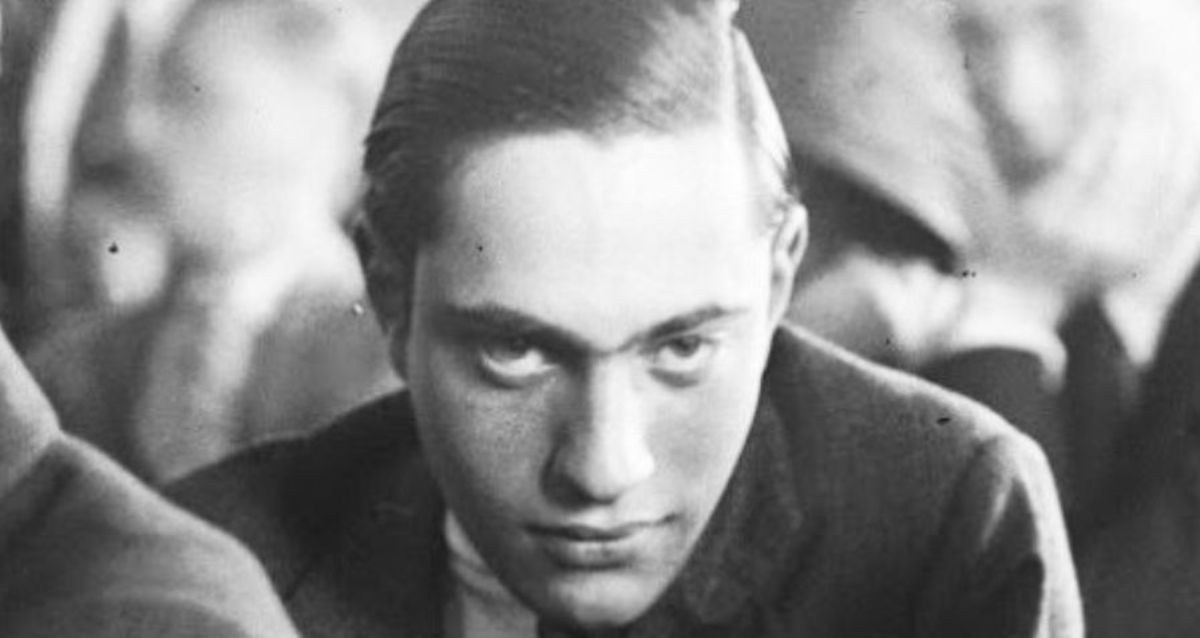In 1924, Nathan Leopold, a 19-year-old prodigy, threw away his promising future in a chilling attempt to carry out the "perfect crime".
Together with his friend Richard Loeb, Leopold murdered a 14-year-old teenager, Bobby Franks, and was arrested and convicted shortly afterwards.
Nathan Freudenthal Leopold Jr. was born on November 19, 1904, in the Kenwood neighborhood of Chicago. Of German-Jewish descent, he showed profound intelligence from an early age. At the age of 15, he enrolled at the University of Michigan and, at 18, he obtained a degree from the University of Chicago.
As Leopold excelled academically, he established a close relationship with Richard Loeb, a fellow Kenwood resident. Loeb, equally intelligent but with a passion for history and crime stories, shared Leopold's fascination with Nietzsche's concept of Übermensch - the belief that their superior intellect exempted them from the laws of society.
Leopold and Loeb were initially involved in petty crime, but their desire for notoriety soon grew. In 1923, they began planning what they believed to be the "perfect" murder.
On May 21, 1924, the two young men lured Bobby Franks into their car, murdered him and disposed of his body in a culvert in Hammond, Indiana. They sent a ransom note to Franks' family, even though the boy was already dead, writes All That's Interesting.
Their arrogance led to a quick revelation. A pair of prescription glasses, which belonged to Leopold, and a typewriter used for the ransom note were found near the body. Confronted with the evidence, they both confessed, although each blamed the other for the murder.
The trial of Leopold and Loeb, which began on July 21, 1924, captivated the nation. They hired renowned defense lawyer Clarence Darrow, who aimed to save them from the death penalty.

Both pleaded guilty, making the trial a determination of sentence rather than guilt. Darrow's defense included extensive psychoanalytic testimony and culminated in an eight-hour closing argument.
The judge ruled against the death penalty, sentencing both to life in prison plus 99 years for kidnapping. They were transferred to Joliet prison, where they began to be incarcerated.
Leopold and Loeb's paths diverged in prison. Loeb was fatally stabbed by a fellow inmate in 1936, under obscure circumstances.
Leopold continued to contribute to the prison community, notably in educational programs and medical research. In 1958, after 34 years, Leopold was paroled and moved to Puerto Rico.
In Puerto Rico, Leopold rebuilt his life, obtained a master's degree, taught at the University of Puerto Rico and worked in bird conservation. He also published a memoir, "Life Plus 99 Years", reflecting on his remorse and the crime that defined his life.
"Looking back, from today's point of view, I can't understand how my mind worked at the time... Remorse only came later, much later... It's never left my mind," he wrote.
Nathan Leopold died of a heart attack on August 29, 1971, in Puerto Rico, at the age of 66.





